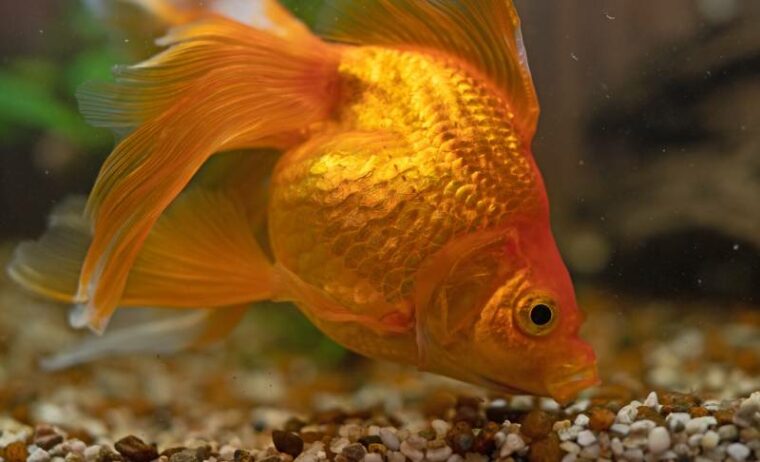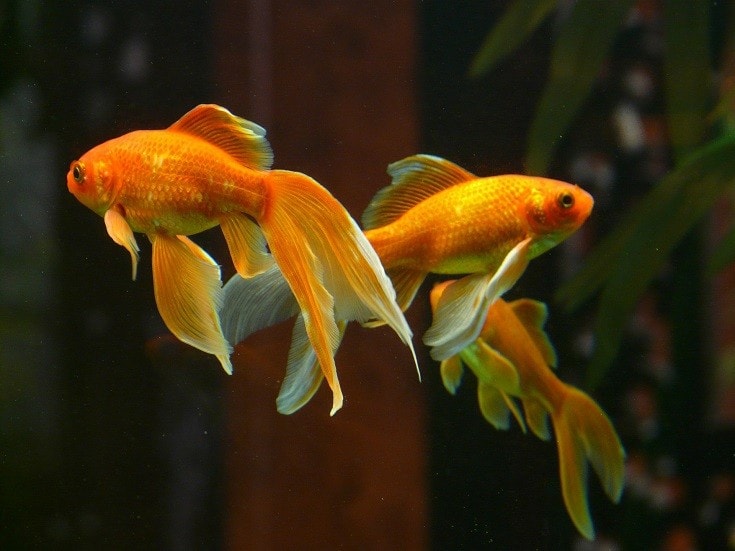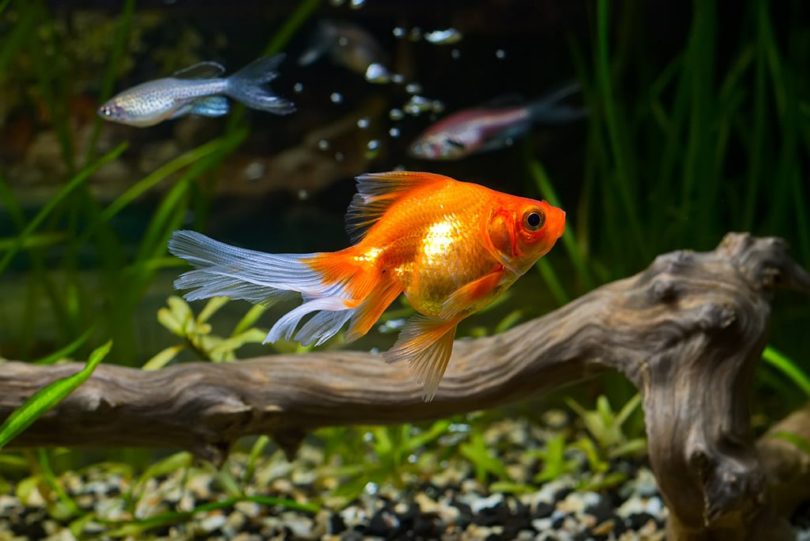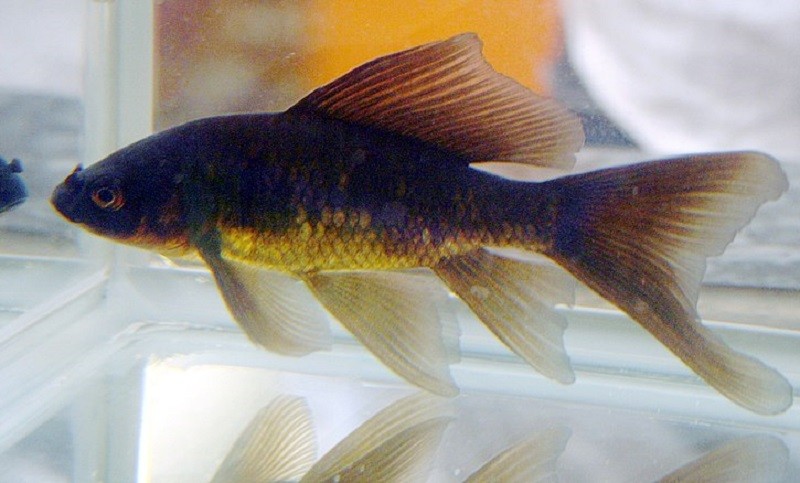
We’ve all seen our goldfish nosing around the bottom of their tank, moving rocks and plants out of the way in search of snacks. Have you ever spotted your goldfish eating the gravel in their tank, though? Pieces of gravel and rock can become lodged in your goldfish’s mouth, leading to injury and respiratory distress, so it’s important to remove it gently but quickly. What would lead your goldfish to decide to snack on the gravel in their tank? As goldfish love foraging, they often move rocks around in search of food. Often, food may have settled on or in the gravel, so your fish puts pieces of gravel in their mouth in order to get to the food.
Why Do Goldfish Eat Rocks & Gravel?
By their very nature, goldfish are foragers. They spend all day sifting through their environment in search of something to eat. Because of this foraging need, goldfish will often move rocks around in their tank in search of food. In some cases, food may have settled on or in the gravel, so your fish puts pieces of gravel in their mouth in order to get to the food.
They may also find algae and microorganisms on the gravel, which can be quite tasty for your goldfish. They likely know that they aren’t picking up a piece of food, and if they don’t, they will usually figure it out once it’s in their mouth. They may just pick it up, eat the goodies off of the piece, and spit it back out.
In some cases, your goldfish may mistake a piece of gravel for a piece of food, taking it too far into their mouth before realizing that it isn’t food. Unfortunately, larger pieces of gravel and rock can easily become lodged in your goldfish’s jaws. If this occurs, then you’ll need to intervene and help your fish dislodge the gravel. If you spot your goldfish eating small pieces of gravel that aren’t getting lodged in their mouth, they will usually pass the rock through their digestive tract without incident.

What to Do if Your Goldfish Is Eating Rocks & Gravel
Even if your goldfish doesn’t seem to be having any digestive problems from eating pieces of gravel, it’s still a major risk for the health and well-being of your fish. Most experienced fishkeepers recommend keeping tanks that don’t contain gravel bottoms; instead, using things like sand, river rocks, or even no substrate at all.
The substrate in your goldfish’s tank should either be large enough that they can’t fit it into their mouth or small enough that it won’t create problems if some gets swallowed, like sand. For Goldies that seem to try to put anything and everything into their mouth, you may have to resort to a bare-bottom tank to keep them safe. If they manage to accumulate too much gravel or sand in their digestive tract, they may become constipated, which is a common, and dangerous, health issue for goldfish.
Conclusion
Goldfish are curious fish that love to forage, so it is not unusual for them to try to eat things they shouldn’t. Gravel and small rocks do sometimes get eaten without causing problems, but they can pose a health and safety risk for your fish, so it is usually best to go with a substrate that your goldfish can’t or won’t eat. Providing your goldfish with safe foraging materials, like leafy greens and other veggies, can help to reduce foraging in the substrate. Making sure you are only feeding the amount of food that is consumed within 5-10 minutes will also reduce the amount of food debris that accumulates at the bottom of the tank, making the substrate less appealing.
- You Might Also Be Interested In: Goldfish Myths & Misconceptions
Featured Image Credit: M-Production, Shutterstock








